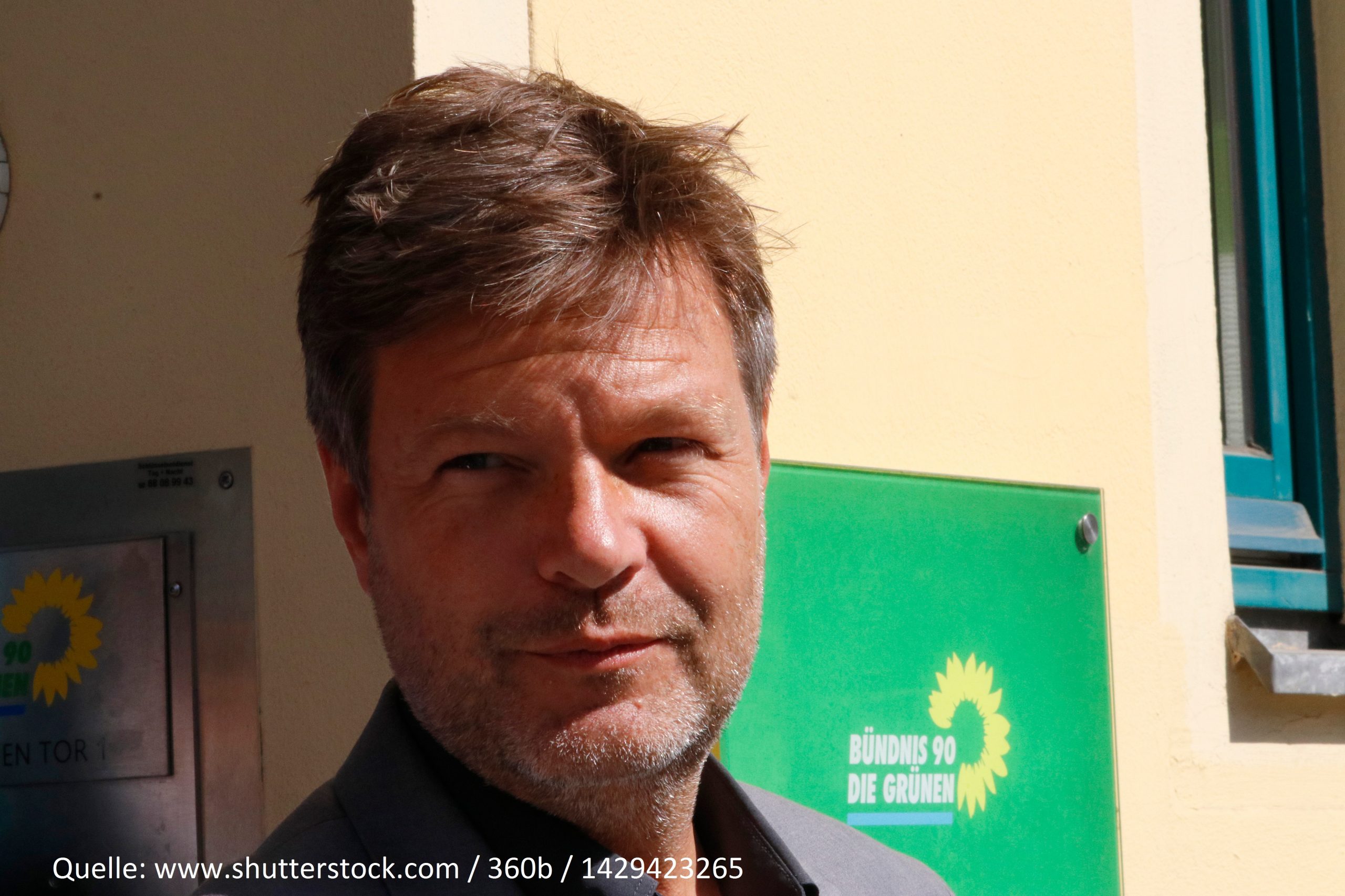Germany is still an industrial country and the fourth largest economy in the world. But the federal government is doing a lot to ensure that this will soon no longer be the case. Under the cloak of climate protection and the desperate attempt to conjure up a CO2-neutral world as quickly as possible, the crucial economic factor is overlooked.
Why did the evil industry in the 18th century make domestic looms obsolete and thus plunge many families into an existential crisis? The answer is a very sobering one for green ears: because production in the new industrial companies was cheaper than on domestic looms.
If two products are equally good, the cheaper one will inevitably prevail. High prices can therefore only be enforced if there is either no competition at all or if you have a qualitative advantage over them that is so great that the customer is willing to pay the higher price.
Germany’s advantages are being systematically squandered
The prosperity that has been built up over the past decades is based on precisely these qualitative advantages. Since foreign countries are not idle, new advantages must be constantly created just to maintain existing prosperity. However, German industry has been failing at this point for years, as productivity is barely increasing.
Now the German economy, which is already in the process of losing its leading position, should also become climate neutral. Robert Habeck, for example, wants to use “green kerosene” for this purpose. To do this, green hydrogen must first be produced from renewable energies. This is then synthesized into liquid hydrocarbons using carbon dioxide extracted from the atmosphere. If this is burned in the jets of an aircraft, only the CO2 that was previously removed from the air is released.
It all sounds wonderful, but there are only two disadvantages: The first is the price, which is estimated to be four to ten times higher than the price of kerosene, which is made from crude oil. The second reason should also give us Germans something to think about: it makes more economic sense to have production take place where the energy is generated. This is not in Germany, which makes it clear that the green dream of climate neutrality in this country will be accompanied by extremely high prices and a blatant loss of prosperity.
